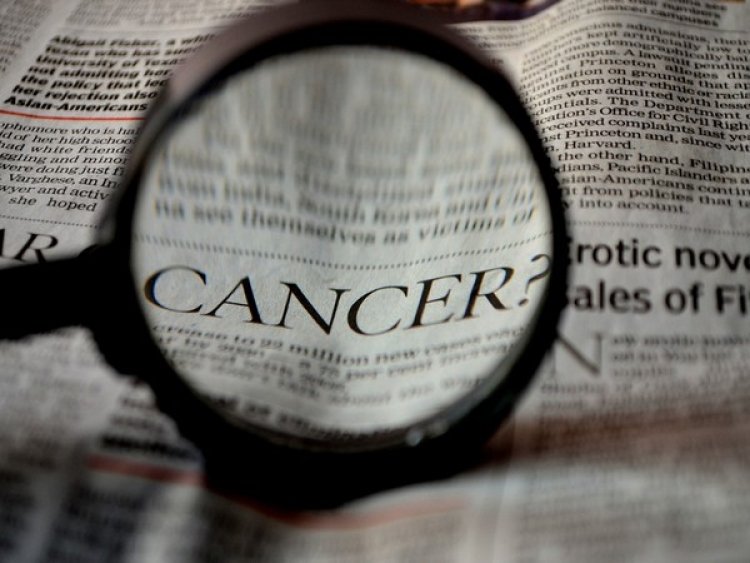Study sheds light on treatments to prevent cancer, infectious diseases

Parkville, Australia: Researchers have figured out how one particular sort of immune cell, which defends the body against disease and infection, originates in the body. Additionally, a recent study suggests that the discovery may aid in the creation of other preventative medicines.
The study, which was co-led by Federation University Australia and the Murdoch Children's Research Institute, has revealed how these specialized white blood cells function and can trigger an immunological response.
Understanding the role of these cells, according to associate professor Dan Pellicci, could enable the prevention of cancer and other highly contagious diseases as COVID-19, Strep A, and tuberculosis.
The study, which was published in Science Immunology, included samples from heart surgery patients up to the age of 16 that were given to the Melbourne Children's Heart Tissue Bank. The 'gamma delta T cells' were examined by the researchers from these samples in the context of the thymus gland, a tiny organ situated within the chest, close to the heart.
Associate Professor Pellicci said the study showed for the first time how this organ produced these infection-fighting immune cells.
“We have large numbers of these specialised cells in our blood and tissues, which accumulate as we become adults. Until our study, it was unclear how these cells develop in the body,” he said.
“We have shown how these cells are trained over three stages, similar to receiving a primary, secondary and tertiary education, and fully formulate within the thymus. Following this education, the cells are ready to enter the rest of the body and are completely capable of fighting infections.”
Associate Professor Pellicci said previous studies suggested that these immune cells were mainly derived in the liver during a baby’s development in the womb, but this research debunked that theory.
“Many experts assumed that after birth, the thymus played little role in the development of these cells as we age, but we now know this little unsung organ helps the body prepare for a lifetime of good health,” he said.
“The more we know about these cells the greater the likelihood of unlocking new ways to treat infectious diseases and cancer.”















































